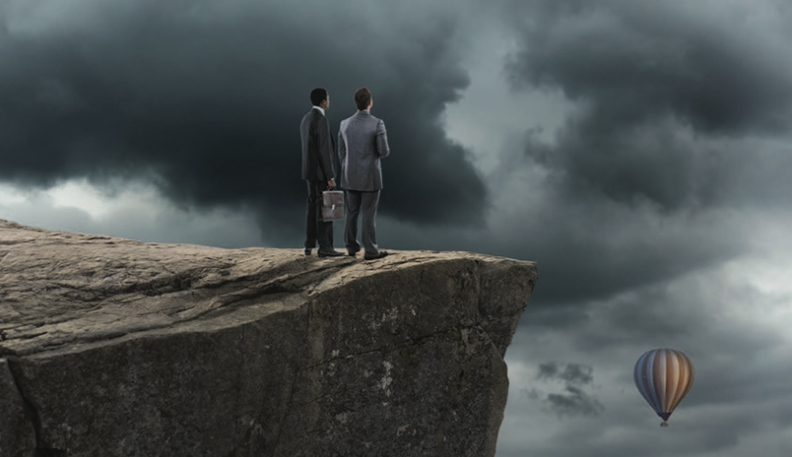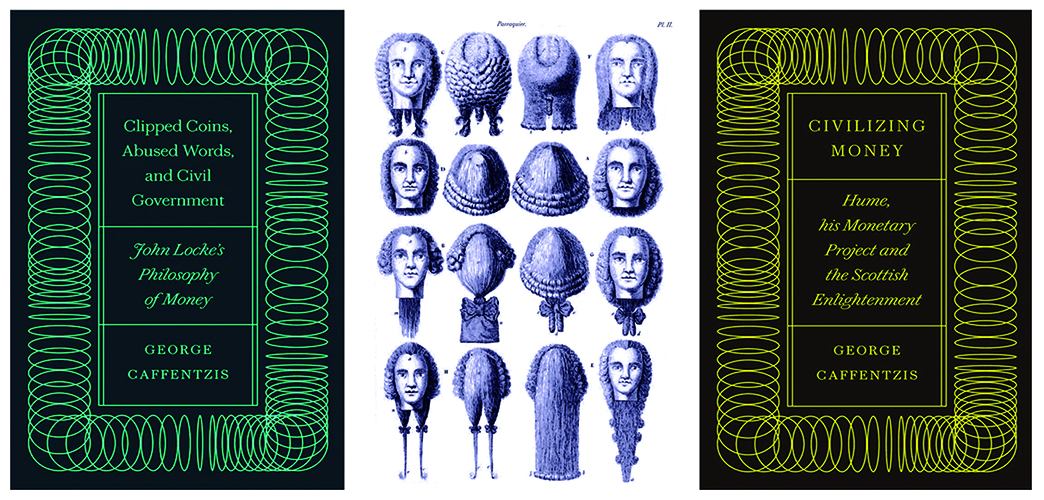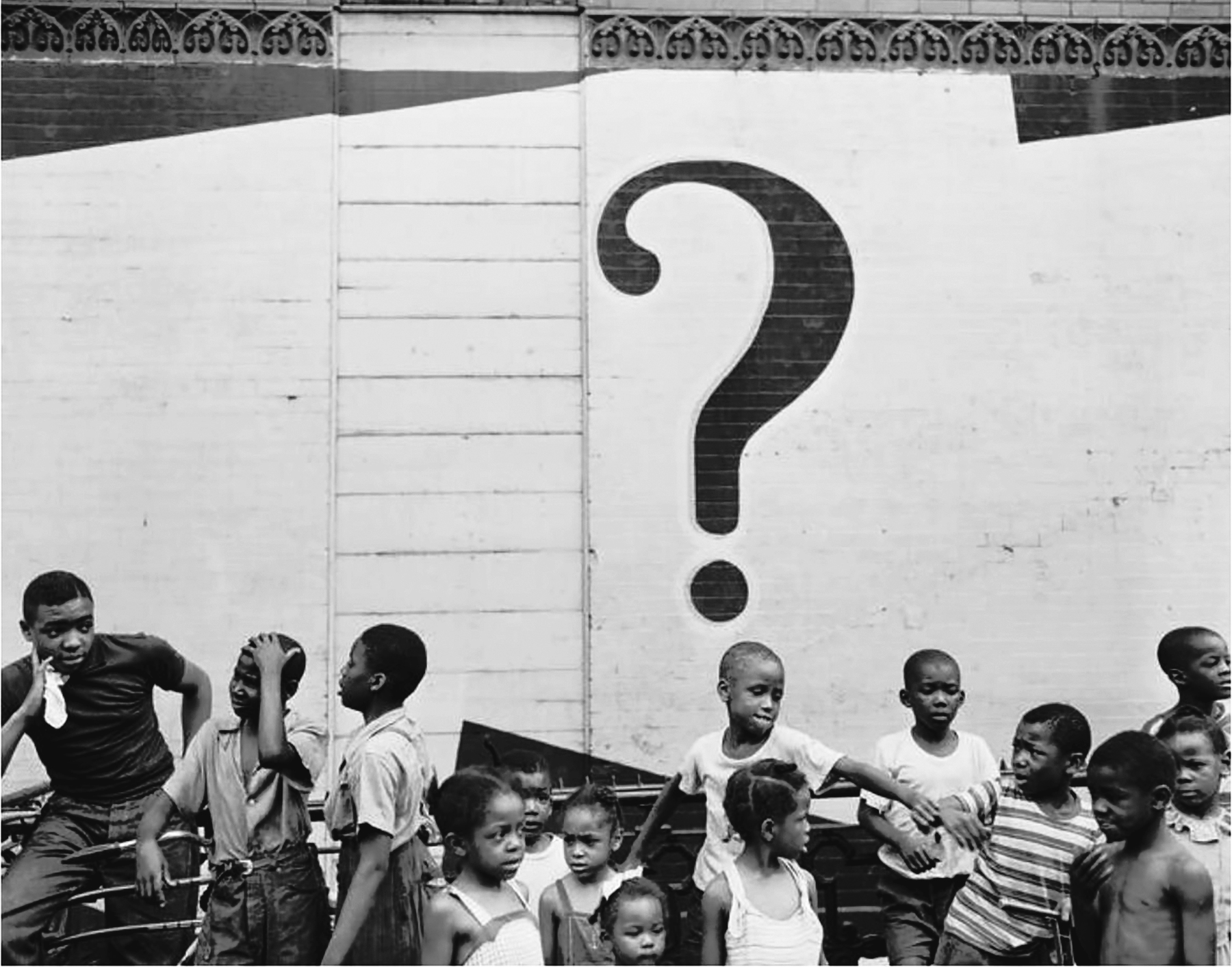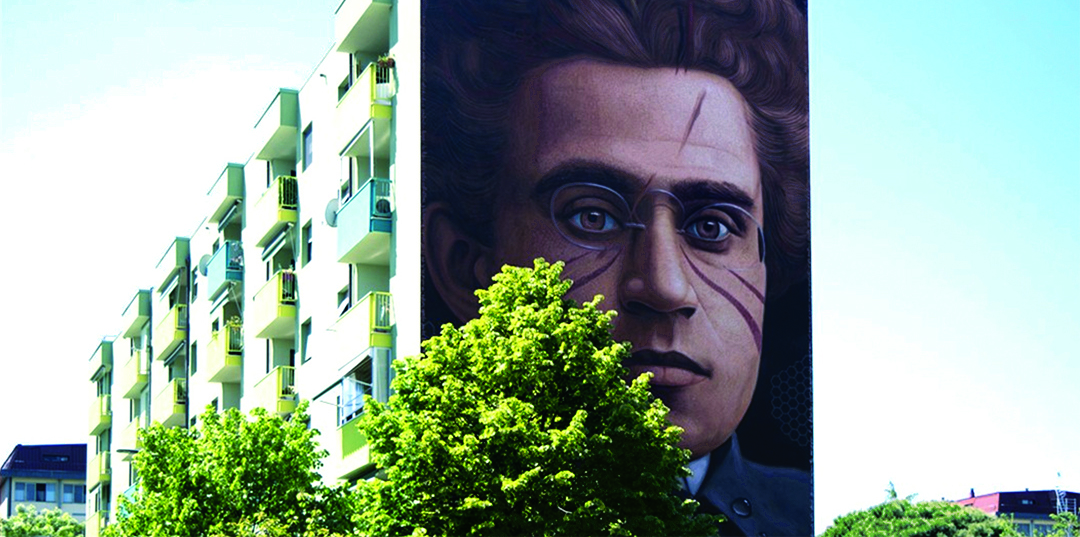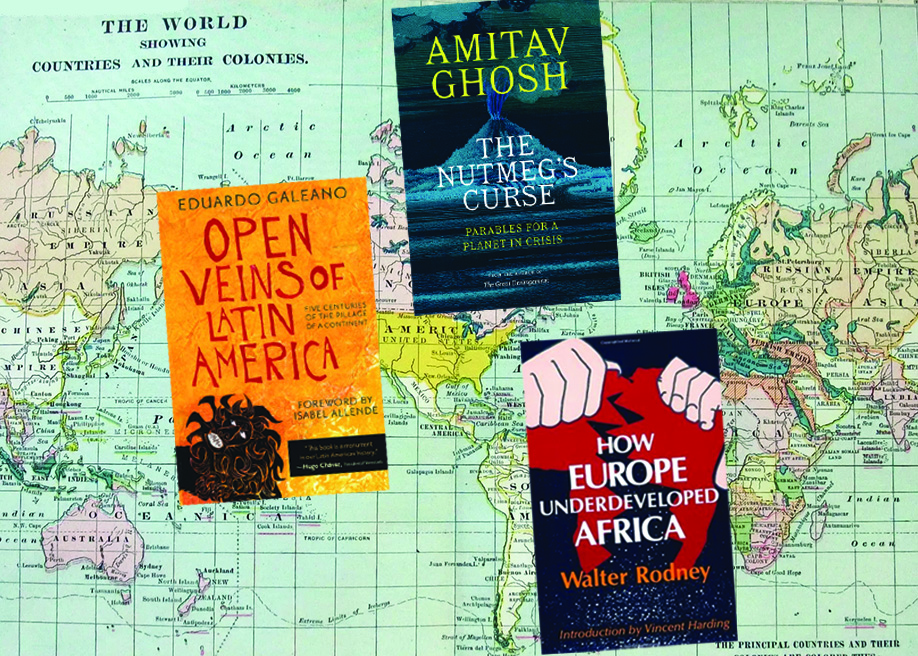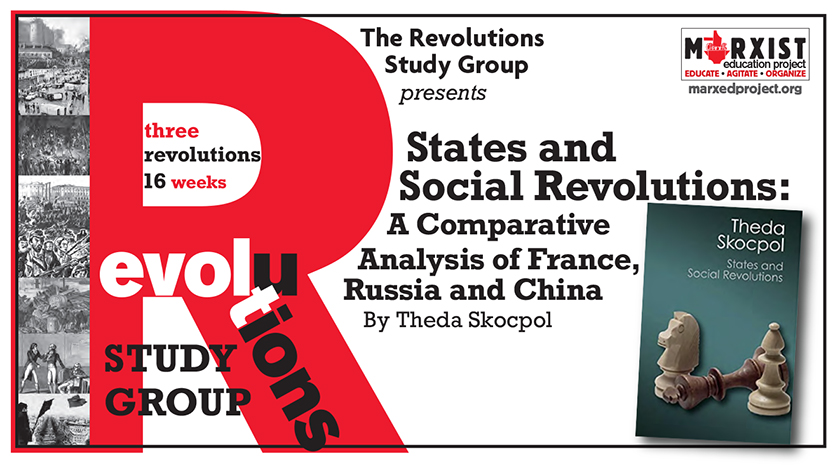Hegemony
Looking Over the Abyss with Steven Colatrella and Michael Meeropol
Online: Zoom link will be provided to registered participantsEurope and subsequently the United States rose to power and wealth along with the rise of capitalism. But capitalism has now shifted its attention to Asia, even as the conditions of ordinary workers in Europe and North America decline, and the political influence of the West wanes. Looking Over the Abyss argues that only by breaking decisively with capitalism, and aligning themselves with the majority of the world’s people against exploitation, can the peoples of Europe and the United States save their societies.
The Bisbee Deportation / The Battle of Blair Mountain
Online: Zoom link will be provided to registered participants• On July 12, 1917, in the mining town of Bisbee Arizona, twelve hundred striking miners and their supporters were rounded up by forces organized by the town sheriff and the mining companies, marched through the town, parked in the town's baseball field, and then put in boxcars and shipped into the New Mexican desert.
• When the smoke cleared on the Battle of Blair Mountain, an estimated 1 million rounds were fired, dozens were killed, and 985 miners were arrested. The uprising was suppressed, but public awareness about the appalling conditions in which the miners were forced to live, work, and raise their families grew considerably.
First They Took Rome with author David Broder
Online: Zoom link will be provided to registered participantsStudying the rise of forces like Matteo Salvini’s Lega, this book shows how the populist right drew on a deep well of social despair, ignored by the liberal center. Italy’s recent history is a warning from the future—the story of a collapse of public life that risks spreading across the West. First They Took Rome offers this perspective: Italy isn’t failing to keep up with its international peers but farther along the same path of decline they are following. In the 1980s, Italy boasted the West’s strongest Communist Party; today, social solidarity is collapsing, working people feel ever more atomized, and democratic institutions grow increasingly hollow.
Clipped Coins and Civilizing Money: George Caffentzis on John Locke and David Hume
Online: Zoom link will be provided to registered participantsGeorge Caffentzis makes both an intervention in the field of monetary philosophy and into Marxist conceptions of the relation between philosophy and capitalist development. Clipped Coins and Civilizing Money have just been released by Pluto Press. George will be joined in discussion with Peter Linebaugh and Carl Wennerlind
Studies in the Works of Antonio Gramsci with Piruz Alemi
Online: Zoom link will be provided to registered participantsThis 10-week session has four sessions remaining which feature a close reading of Gramsci’s Prison Notebooks. We will look to connect cultures and their human rights struggles. We will also explore those who influenced Gramsci, particularly Marx, but also Machiavelli and Croce. This seminar is accessible to people at all levels of familiarity with Gramsci’s work, including those just beginning their studies of Gramsci. Join at any time.
Studies in the Works of Antonio Gramsci with Piruz Alemi
Online: Zoom link will be provided to registered participantsThis 10-week session has four sessions remaining which feature a close reading of Gramsci’s Prison Notebooks. We will look to connect cultures and their human rights struggles. We will also explore those who influenced Gramsci, particularly Marx, but also Machiavelli and Croce. This seminar is accessible to people at all levels of familiarity with Gramsci’s work, including those just beginning their studies of Gramsci. Join at any time.
Studies in the Works of Antonio Gramsci with Piruz Alemi
Online: Zoom link will be provided to registered participantsThis 10-week session has four sessions remaining which feature a close reading of Gramsci’s Prison Notebooks. We will look to connect cultures and their human rights struggles. We will also explore those who influenced Gramsci, particularly Marx, but also Machiavelli and Croce. This seminar is accessible to people at all levels of familiarity with Gramsci’s work, including those just beginning their studies of Gramsci. Join at any time.
New York City and the Experience of Modernity, Fall session
Online: Zoom link will be provided to registered participantsIn the year 1877, the signals were given for the rest of the century; the black would be put back; the strikes of white workers would not be tolerated; the industrial and political elites of North and South would take hold of the country and organize the greatest march of economic growth in human history. They would do it with the aid of, and at the expense of, black labor, white labor, Chinese labor, European immigrant labor, female labor, rewarding them differently by race, sex, national origin, and social class, in such a way as to create separate levels of oppression – a skillful terracing to stabilize the pyramid of wealth.” —Howard Zinn
This is a seminar about New York City and its people. It is not a study of architectural styles and objects, - although the physical stuff of cities does play a role—but it is a course about the experience of the way in which modernity builds and destroys cities.
Everyone a Legislator with author Michael Denning
Online: Zoom link will be provided to registered participants“Perhaps Gramsci’s political science is … a “necessary expression of his time, the short twentieth century, an era now ended, the ae of three words divided between Fordist capitalism, bureaucratic communism and the post-colonial settlements of decolonization. If this is true, is there a future for Gramsci’s legacy?” —Michael Denning
50 Years of Anti-Imperialist Writing: Galeano, Rodney, and Ghosh
Online: Zoom link will be provided to registered participantsA reading group to celebrate and reflect on two classic works of anti-imperialist writing first published fifty years ago but with an ongoing worldwide impact: Eduardo Galeano’s OPEN VEINS OF LATIN AMERICA (1971) and Walter Rodney’s HOW EUROPE UNDERDEVELOPED AFRICA (1972). Extending our scope to Asia and bringing matters up to the present day, we will conclude by reading Amitav Ghosh’s just-published THE NUTMEG’S CURSE: PARABLES FOR A PLANET IN CRISIS.
50 Years of Anti-Imperialist Writing: Galeano, Rodney, and Ghosh
Online: Zoom link will be provided to registered participantsA reading group to celebrate and reflect on two classic works of anti-imperialist writing first published fifty years ago but with an ongoing worldwide impact: Eduardo Galeano’s OPEN VEINS OF LATIN AMERICA (1971) and Walter Rodney’s HOW EUROPE UNDERDEVELOPED AFRICA (1972). Extending our scope to Asia and bringing matters up to the present day, we will conclude by reading Amitav Ghosh’s just-published THE NUTMEG’S CURSE: PARABLES FOR A PLANET IN CRISIS.
50 Years of Anti-Imperialist Writing: Galeano, Rodney, and Ghosh
Online: Zoom link will be provided to registered participantsA reading group to celebrate and reflect on two classic works of anti-imperialist writing first published fifty years ago but with an ongoing worldwide impact: Eduardo Galeano’s OPEN VEINS OF LATIN AMERICA (1971) and Walter Rodney’s HOW EUROPE UNDERDEVELOPED AFRICA (1972). Extending our scope to Asia and bringing matters up to the present day, we will conclude by reading Amitav Ghosh’s just-published THE NUTMEG’S CURSE: PARABLES FOR A PLANET IN CRISIS.
States and Social Revolutions: A Comparative Analysis of France, Russia and China
Online: Zoom link will be provided to registered participantsSkocpol asserts that social revolutions are rapid and basic transformations of a society's state and class structures. She distinguishes this from mere rebellions, which involve a revolt of subordinate classes but may not create structural change, and from political revolutions that may change state structures but not social structures. What is unique about social revolutions, she argues, is that basic changes in social structure and political structure occur in a mutually reinforcing fashion and these changes occur through intense sociopolitical conflict. A convergence of peasant rebellion on one hand and international pressures causing state breakdown on the other hand cause revolutionary social movements.

